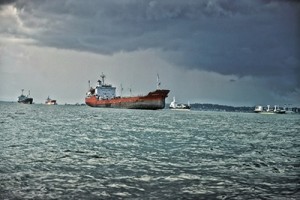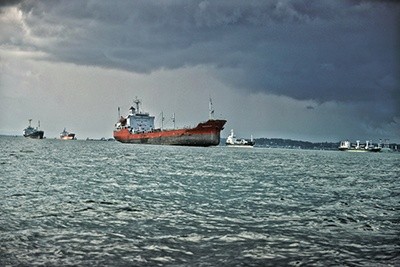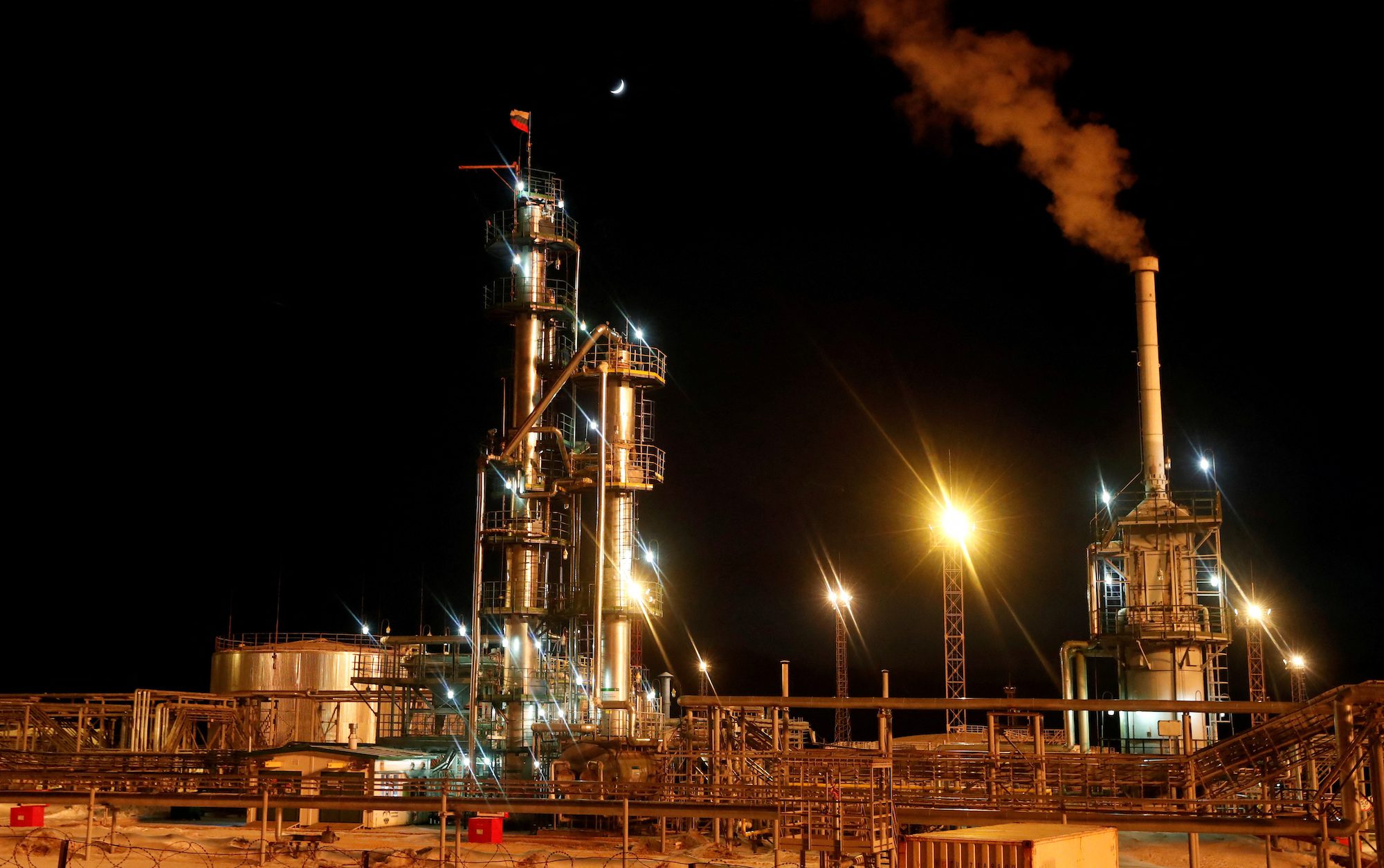 The recent hijacking cases of coastal product tankers in South East Asia for the theft of their cargoes represents a diversification of the threat rather than a new trend, says Denmark-based security advisory and intelligence company Risk Intelligence.
The recent hijacking cases of coastal product tankers in South East Asia for the theft of their cargoes represents a diversification of the threat rather than a new trend, says Denmark-based security advisory and intelligence company Risk Intelligence.
“It’s a case of new diesel in old tankers,” says the CEO of Risk Intelligence, Hans Tino Hansen. “This type of piracy for product theft evolved in South East Asia and we’ve been following these sorts of cases and some of the syndicates involved for a number of years.”
Hijacking for product theft can be documented as far back as 1990s in South East Asia. The most active syndicate has usually favoured boarding the pre-selected targets in the same general location and always during the region’s dry season between March and October.
“We believe that the majority of these incidents can be traced to a particular (and well-established) group based in the immediate area,” says Special Projects Manager and South East Asia analyst for Risk Intelligence, Karsten von Hoesslin. “They are diversifying in the product type they are stealing. If anything, this indicates their network is expanding within the illicit oil products market. But otherwise, with respect to modus operandi and patterns, it’s business as usual.”
The intelligence firm notes that forecasts since 2011 have warned of an increase of reported hijackings for product theft in the South China Sea based on this seasonal pattern. Both the Johor and Miri coasts have been particularly highlighted as high risk regions.
“Despite the increase in activity and recent advisories, the vessels targeted are almost always pre-selected – suggesting an ‘inside man’ element to them – and solely targeting regionally managed and flagged tankers,” says von Hoesslin.
Field surveys carried out by the company during the 2013 dry season revealed hijackings targeting both product tankers and tug and barges occurring approximately every fortnight in the South China and Java Seas by at least four well placed syndicates.

 Join The Club
Join The Club












